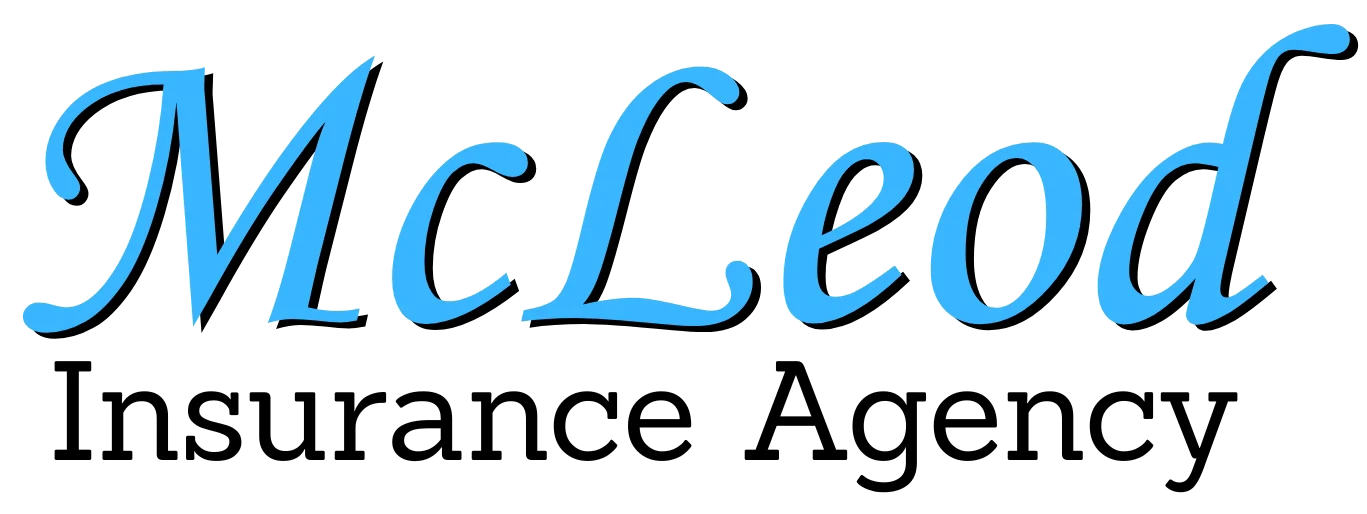Ever wonder what med pay on homeowners’ policies cover?
Understanding the specifics of your homeowner’s insurance policy, particularly the medical coverage it offers, can be crucial. Med pay, or medical payments coverage, within your homeowner’s policy provides financial protection if someone is injured on your property. However, the extent of this coverage can vary significantly from one policy to another, and knowing the details of your coverage is essential for avoiding unexpected expenses.
Homeowner’s insurance is often thought of as protection for the physical structure of your home and your belongings. However, it also includes liability coverage, which extends to medical payments for injuries sustained by guests on your property. This aspect of the policy is designed to cover medical expenses regardless of who is at fault. It’s important to understand that med pay is distinct from liability insurance. While liability insurance covers legal fees and damages if you are sued, med pay covers medical expenses right away, without the need for a lawsuit.
Medical payments coverage typically applies to a variety of injuries that can occur on your property, such as slips and falls, cuts, or other accidents. It can cover expenses like doctor visits, hospital stays, surgery, X-rays, and even ambulance rides. However, the specifics of what is covered and how much is covered will be detailed in the fine print of your policy. Policies can vary widely in their coverage limits, which is why it’s crucial to review and understand your own policy thoroughly.
Let’s consider a scenario: A guest trips on your front steps, breaks their arm, and needs medical attention. If you have med pay included in your homeowner’s policy, this coverage will pay for the guest’s medical expenses up to the limit specified in your policy. For instance, if your policy has a med pay limit of $5,000, it will cover medical costs up to that amount. If the expenses exceed this limit, you might have to rely on your liability coverage, or potentially pay out of pocket if the injured party decides to pursue legal action and the costs exceed your liability limits.
It’s also essential to understand the difference between coverage for guests and coverage for workers or contractors on your property. Most homeowner’s policies differentiate between these groups. Guests, such as friends or family members visiting your home, are typically covered under med pay. However, if a contractor or worker is injured on your property, their medical expenses may not be covered unless you have additional endorsements or a specific clause in your policy. It’s important to clarify this with your insurance agent, especially if you plan to have work done on your home.
Another factor that can affect your coverage is the involvement of alcohol. Many policies include exclusions or limitations if alcohol is involved in the injury. For example, if someone is injured at a party where alcohol was served, your med pay coverage might be limited or denied. Knowing these exclusions ahead of time can help you manage risk and avoid situations that might lead to uncovered claims.
When shopping for homeowner’s insurance, it’s crucial to ask detailed questions about the medical payments coverage. Here are some key questions to consider:
1. What is the limit of the medical payments coverage?
2. Are there any exclusions or limitations on this coverage?
3. How does the coverage differ for guests versus contractors or workers?
4. What is the cost of increasing the med pay limit?
Understanding the answers to these questions can help you make an informed decision about the level of coverage you need. It’s often possible to increase the med pay limits on your policy for an additional premium. This can be a wise investment, providing greater financial protection and peace of mind.
Additionally, reviewing and understanding the fine print of your homeowner’s insurance policy is essential. This fine print will outline who is covered under med pay, the types of injuries and situations that are covered, and any exclusions or limitations. By thoroughly reviewing your policy, you can ensure that you are adequately protected and avoid surprises in the event of an injury on your property.
In conclusion, med pay on homeowner’s policies is a valuable coverage that can help protect you financially if someone is injured on your property. However, the specifics of this coverage can vary widely between policies, making it crucial to understand the details of your own policy. By reviewing the fine print, asking detailed questions when shopping for insurance, and considering increasing your coverage limits, you can ensure that you are adequately protected and have peace of mind knowing that you are prepared for unexpected accidents. Remember, the key to effective insurance coverage is not just having it but understanding it and tailoring it to your specific needs and circumstances.




